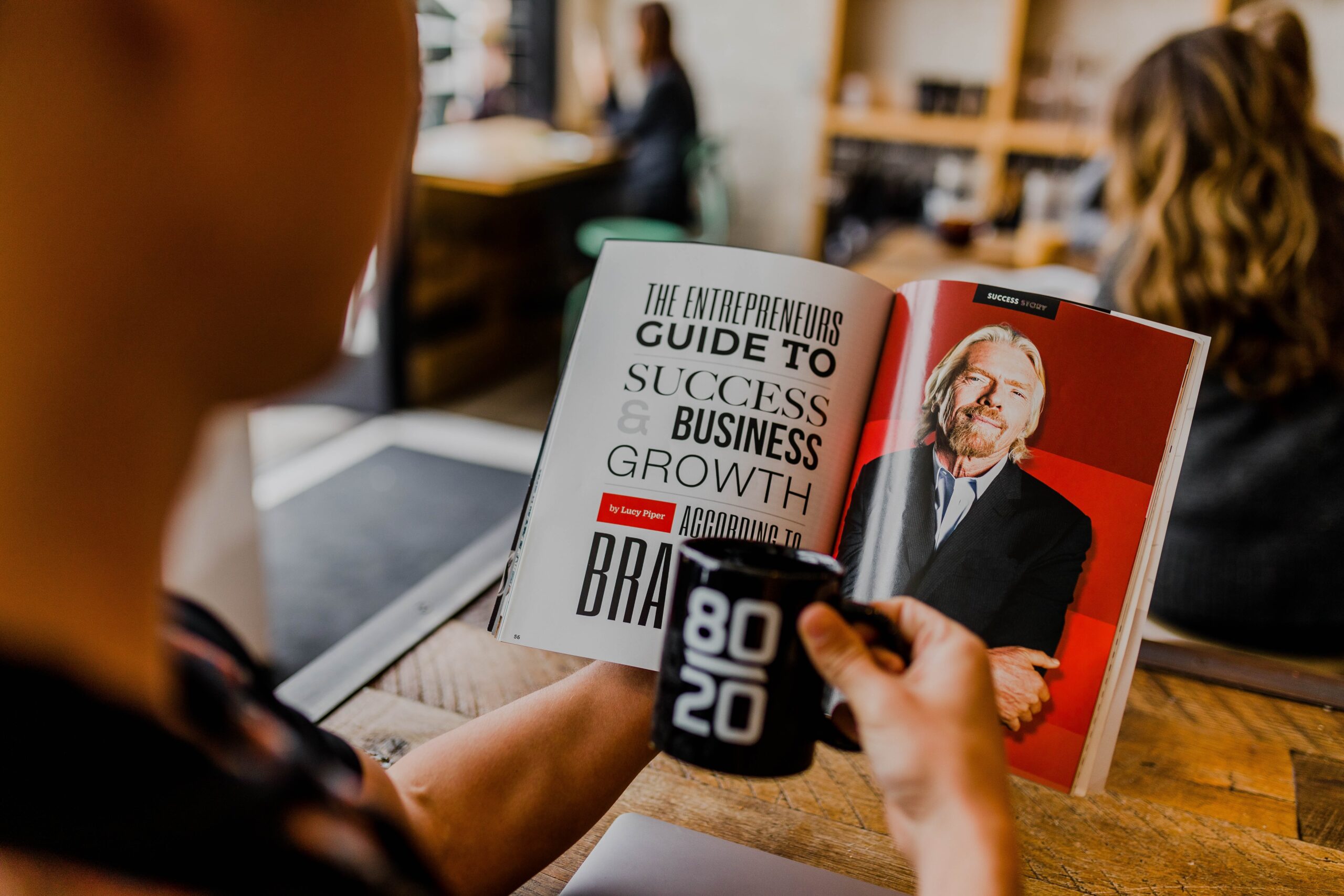Do you feel like your bank account is stuck on a never-ending adagio? Fear not, fellow musician! There are plenty of alternative income streams for classical musicians beyond the traditional concert circuit.
From teaching music lessons to composing jingles for commercials, there are a plethora of ways to make money using your musical talents. So, grab your bow or warm up your vocal cords and let’s explore the world of alternative income streams for classical musicians!
Teaching
One of the most obvious alternative income streams for classical musicians is teaching. Whether it’s one-on-one lessons or leading a masterclass, there’s a huge demand for music education across all levels. With the rise of online teaching platforms, it’s also easier than ever for musicians to reach a global audience and teach from the comfort of their own homes. Additionally, many universities and schools offer positions for adjunct professors, allowing musicians to supplement their income while also sharing their knowledge with students.
Recording
Recording music has always been a part of the music industry, but with the rise of digital streaming services, it’s become even more important for classical musicians to have a presence on these platforms. From recording albums to creating singles and covers, there are many opportunities for musicians to earn royalties and expand their reach. Additionally, recording music for films, commercials, and other media can be a lucrative source of income for musicians.
Online content creation
The internet has opened up a whole new world of possibilities for classical musicians. Creating online content, such as YouTube videos and live streams, is a great way to build a following and expand your brand. Musicians can create videos of their performances, tutorials, and behind-the-scenes content to engage with their audience and attract new fans. Additionally, many musicians have found success through platforms like Patreon, where fans can support their work with a monthly subscription in exchange for exclusive content.
Merchandising
Merchandising has long been a staple of the music industry, especially in popular music, but it’s not just limited to T-shirts and concert programs. Musicians can also sell merchandise such as sheet music, recordings, and instrument accessories. Many musicians have found success with online stores such as Etsy, where they can sell handmade items related to their music or create digital downloads for their fans. Or why not team up with your favourite beer company and produce a lager that your fans can drink at your next performance?
Foundations and grants
Many classical musicians have found success in pursuing commissions and grants. Depending on where you are in the world, foundations can have a significant impact on commissions of new works and concerts. It can be a great way to expand your skills and repertoire while also earning income.
Concerts in alternative settings
Performing in alternative settings such as house concerts or outdoor venues can be a great way for classical musicians to reach new audiences and generate income outside of traditional concert halls. House concerts provide a more intimate and personal experience for audiences and can be organized with minimal cost and logistics. Outdoor venues such as parks, plazas, or even street corners can provide a unique and creative performance opportunity. These alternative settings can also help classical musicians to connect with their local communities and build a loyal fan base.
In conclusion, while concerts and performances will always be a crucial part of a classical musician’s career, there are many alternative income streams that musicians can explore to expand their brand and generate income. Whether it’s teaching, recording, creating online content, or pursuing commissions and grants, there are endless opportunities for musicians to leverage their skills and talents to create a sustainable and diverse career.








